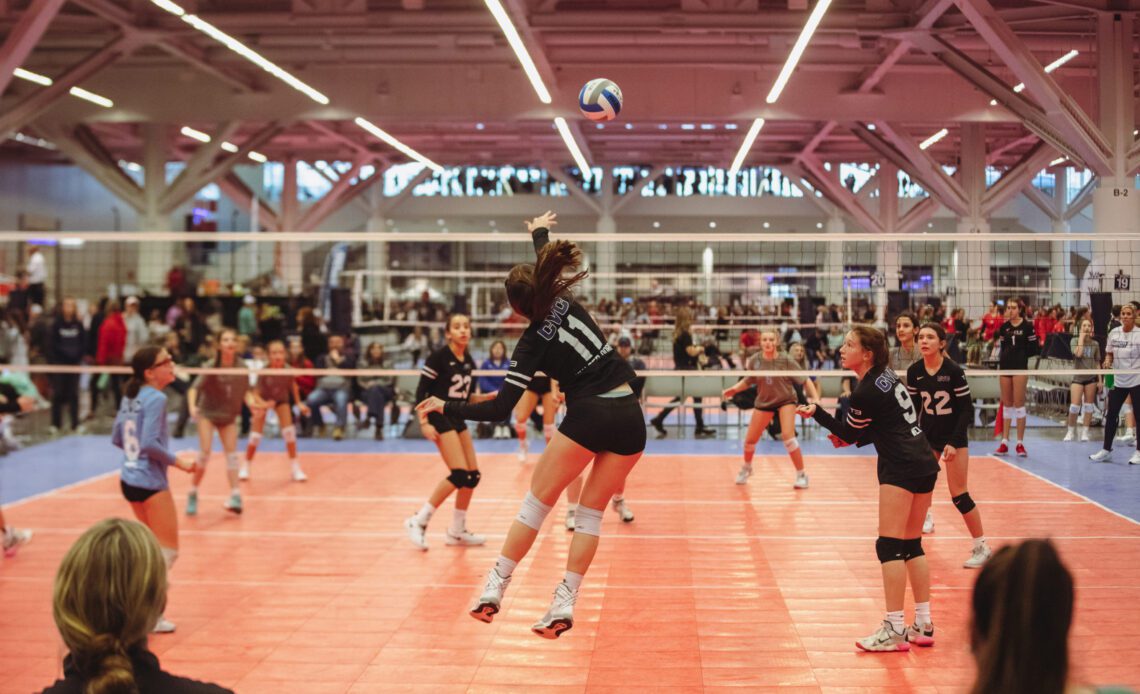“College coaches aren’t looking for kids who just want a scholarship, but for kids who want to PLAY in college. Signing isn’t the end. It’s just the beginning. Continue to grow, to work & commit to PLAYING in college. A scholarship is just a chance; follow through is what matters!”
-Jon Beck @CoachJonBeck
The college recruiting process can feel like an uphill climb, filled with unknowns, setbacks, and disappointment. With persistence, commitment to the process, and the proper guidance steering an athlete through their journey, the goal is to end with a college commitment. However, many athletes don’t realize that a college commitment is the beginning of a new journey, and their commitment to the journey can ultimately dictate how their college experience will go.
Here are 7 key expectations on and off the court that should be considered when preparing an athlete for their college commitment:
Communication
This is a critical skill that every athlete needs to become comfortable with: communication with their coach. Coaches should be establishing and maintaining regular communication with their athletes, whether they are committed, or not, and preparing them for this expectation at the next level. In return, athletes should feel like their coaches are approachable. Is the athlete able to approach a coach about healthy conversations related to playing time and their role on the team? Can they sit across from a coach for a player meeting to discuss team dynamics, personal assessment and goals?
Work Ethic
Workouts, Practice, Matches, Academics – this is something that needs to be essential. All aspects of being a student athlete need to be embraced and ownership taken by the athlete. Athletes should not have to be encouraged to get extra training, to review film, to keep their GPA high. These expectations will be the norm in college. Coaches, how are you holding your athletes accountable on and off the court? What agreed standards do you have with them?
Emotional IQ
Is the committed athlete able to take coaching feedback as growth and not a personal attack. Players need to be able to be coached, accept the discussion and implement it. This can be applied to on and off the court. College coaches meet regularly with their athletes, and that relationship is based on giving and receiving feedback.
Time Management /Problem Solving
Players need to be able to handle their schedules that include academic, athletic and personal responsibilities….
Click Here to Read the Full Original Article at Junior Volleyball Association…

